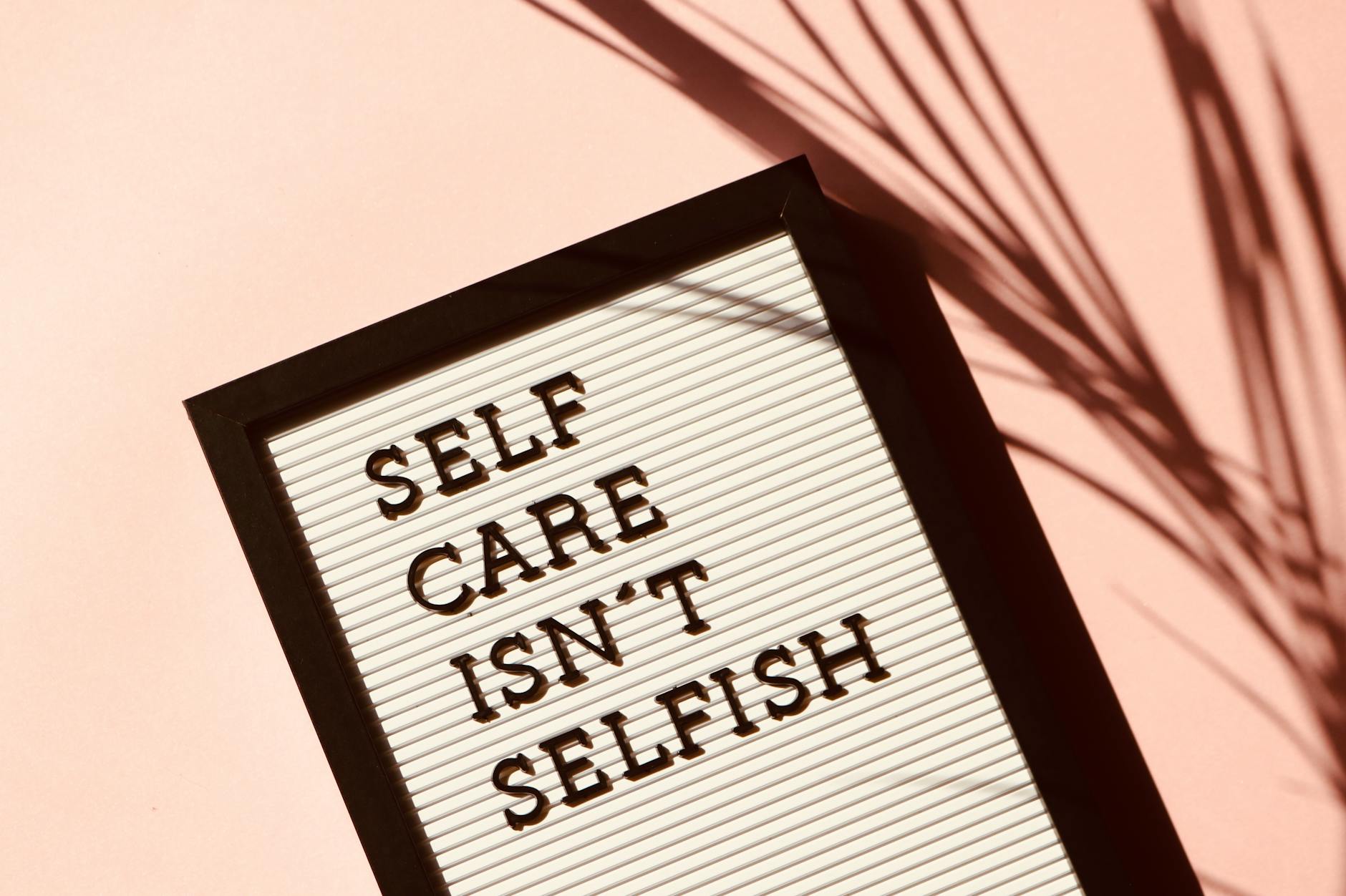What is mental health journaling?
What is mental health journaling?
In today’s fast-paced world, mental health is more crucial than ever. With the pressures of daily life, finding a method to navigate emotions and stress is essential. One powerful tool for this is mental health journaling. This practice not only allows you to express your feelings but also plays a significant role in enhancing your mental well-being.
What is Mental Health Journaling?
Mental health journaling is a specific form of journaling focused on reflecting upon and processing thoughts, feelings, and experiences related to your mental health. Unlike regular journaling, which may cover daily events or general musings, mental health journaling targets emotional clarity and self-discovery. It serves as a safe space to explore your inner thoughts, making sense of challenges you face.
By putting pen to paper (or fingers to keyboard), you engage in a process of understanding yourself better, which can lead to improved coping mechanisms and overall mental wellness. It’s a way of validating your emotions and recognizing that it’s okay to feel what you feel.

Photo by Madison Inouye
The Benefits of Mental Health Journaling
The advantages of mental health journaling are numerous. Here are some key benefits:
- Emotional Clarity: Writing helps you articulate your feelings, making it easier to understand and address them. This process can lead to greater emotional clarity.
- Stress Reduction: Journaling can serve as an outlet for stress relief. According to WebMD, expressing your thoughts and feelings can help decrease anxiety levels.
- Enhanced Self-Awareness: Regularly documenting your thoughts and moods allows you to see patterns over time, leading to deeper self-awareness. This can empower you to make informed changes in your life.
- Improved Mental Resilience: Engaging in this reflective practice can build your capacity to cope with challenges, enhancing your overall mental resilience.
How Mental Health Journaling Differs from Regular Journaling
While both practices involve writing, mental health journaling distinguishes itself by focusing specifically on mental and emotional well-being. Regular journaling might include daily events, personal anecdotes, or creative writing. In contrast, mental health journaling digs deeper into the emotional landscape, exploring feelings, thoughts, and triggers related to mental health.
This focused approach encourages vulnerability and honesty, allowing you to confront fears and anxieties while also celebrating achievements and positive moments. It’s about building a relationship with yourself that prioritizes emotional health.
How to Start Mental Health Journaling
Getting started with mental health journaling can be both exciting and daunting. Here’s a guide to help you integrate this practice into your routine:
Choosing the Right Journal
Selecting a journal that resonates with you is essential. Here are some options to consider:
- Digital Journals: Many apps cater to mental health journaling, allowing for easy access and flexibility. Some popular choices include Day One and Journey.
- Paper Journals: If you prefer a tactile experience, a classic notebook can be incredibly rewarding. Choose one that feels good to write in, whether it’s lined, blank, or dotted.
Consider what method feels most comfortable for you. The aim is to create a journaling environment that encourages expression.
Journaling Prompts for Mental Health
Sometimes, knowing what to write can be challenging. Here are some effective prompts to kickstart your journaling practice:
- What emotions am I feeling right now?
- What triggered these feelings?
- Describe a recent situation where I felt overwhelmed. How did I cope?
- What are three things I’m grateful for today?
- Write a letter to my future self about what I hope to achieve.
These prompts can help guide your thoughts and create a more structured journaling experience. They can also lead to insights about your emotional state and thought patterns.
Tips for Effective Mental Health Journaling
To maximize the benefits of mental health journaling, consider these techniques:
Establishing a Routine
Like any habit, consistency is key. Try to set aside dedicated time each day or week to journal. Whether it’s first thing in the morning or right before bed, find a time that works best for you. This routine will help make journaling a part of your lifestyle, leading to more profound insights over time.
Being Honest and Vulnerable
Authenticity is essential in mental health journaling. Allow yourself to be raw and honest about your feelings. This practice isn’t about crafting perfect sentences or worrying about grammar; it’s about expressing what’s in your heart. The more vulnerable you are, the more benefits you’ll reap.
Remember, no one else needs to read your journal, so let your thoughts flow freely.
Conclusion
Mental health journaling is a powerful tool for anyone looking to enhance their emotional well-being. By allowing yourself to explore your thoughts and feelings, you can gain clarity, reduce stress, and improve your self-awareness.
Starting this journey might feel daunting, but with the right approach, it can become a vital part of your self-care routine. I encourage you to give mental health journaling a try. It’s an invitation to understand yourself better, nurturing your mental health one page at a time.